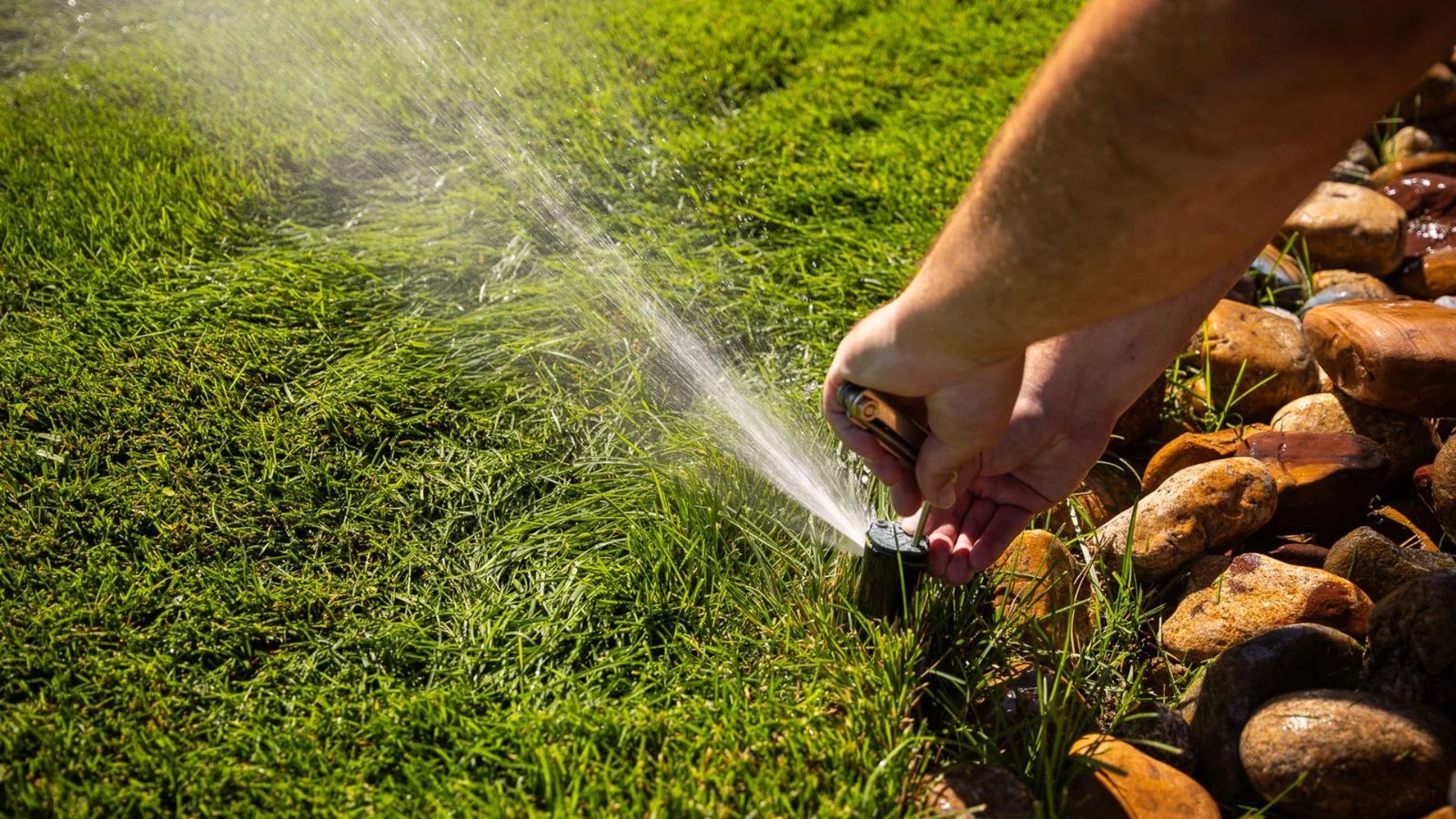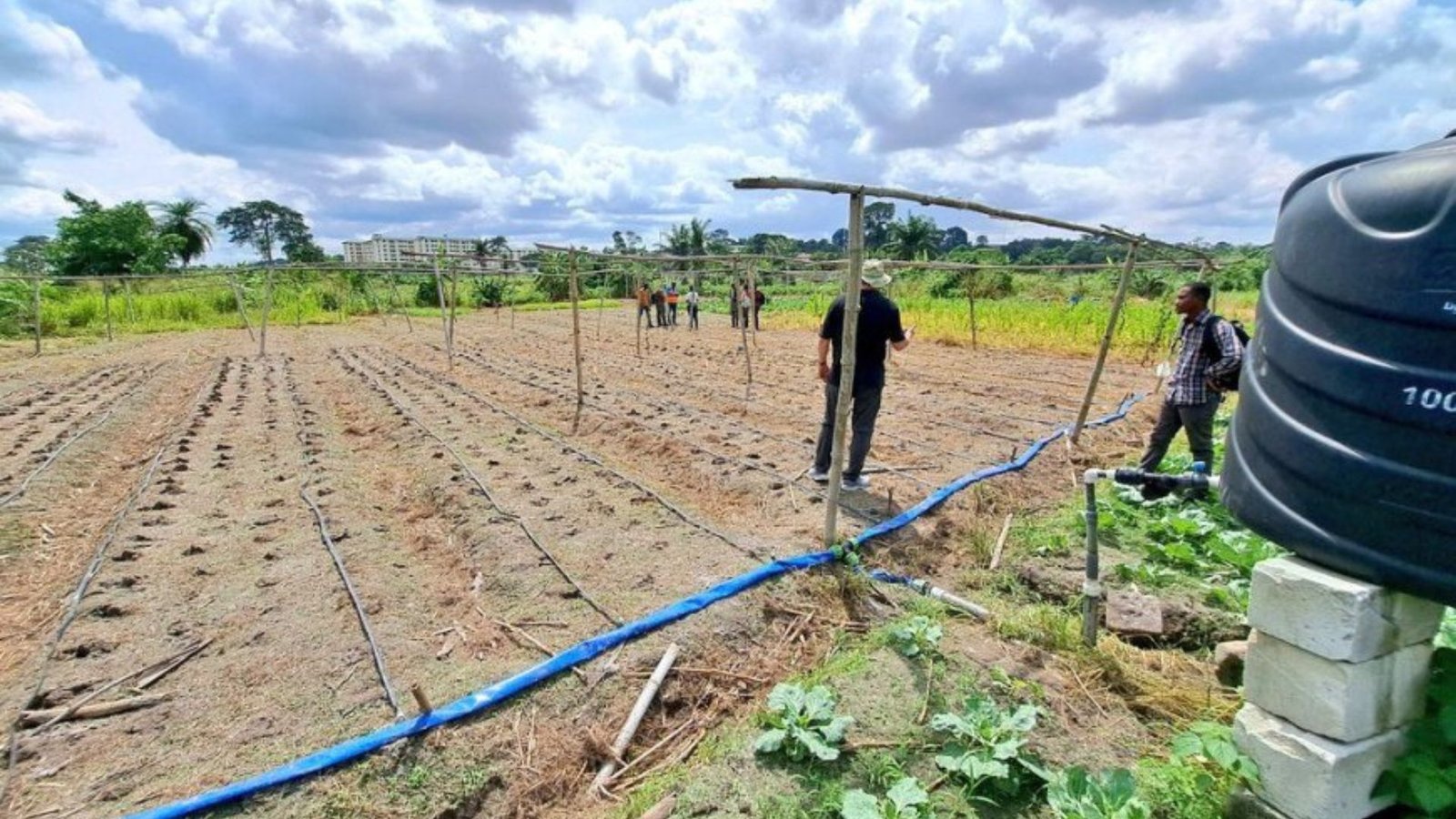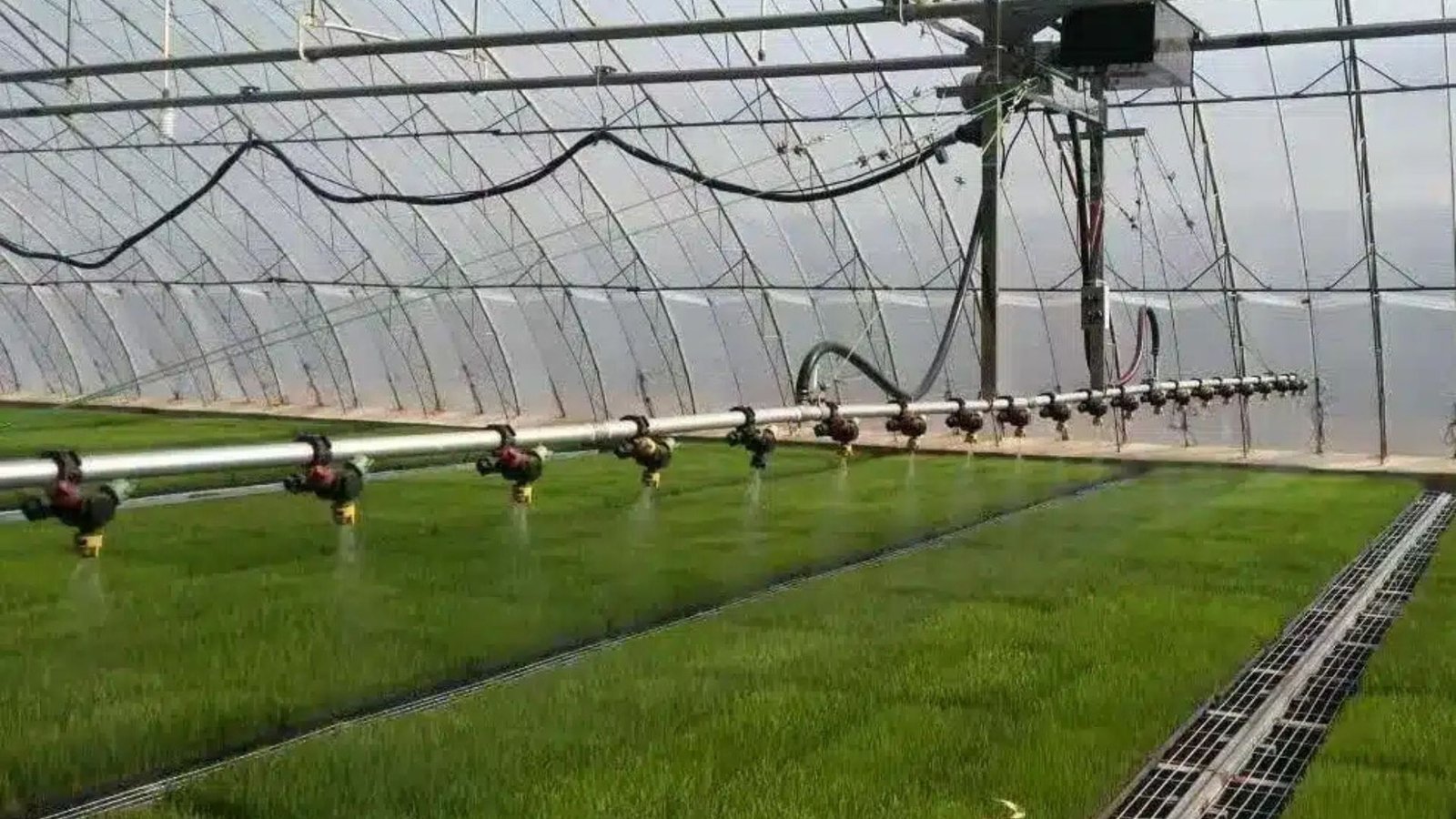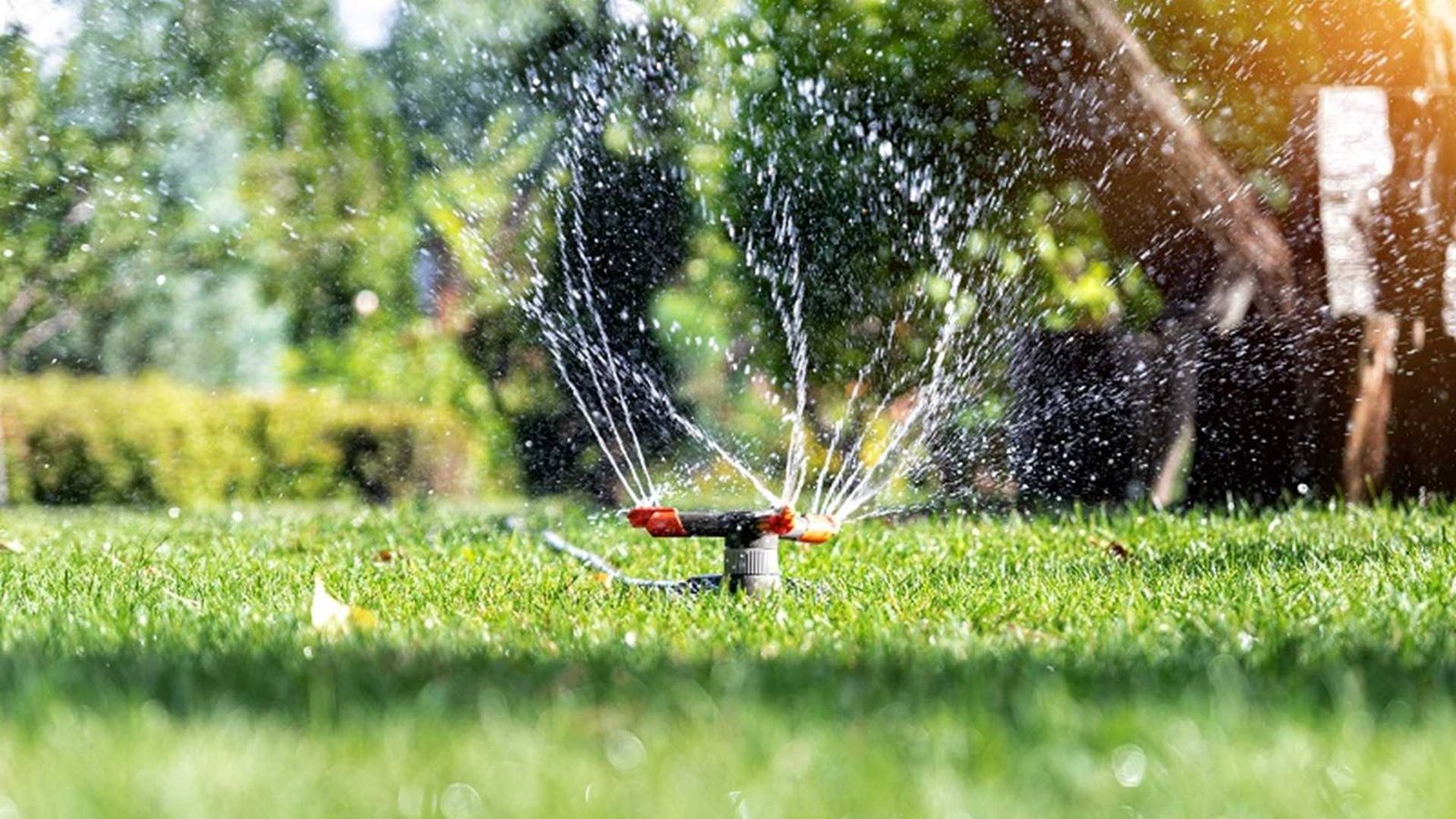Irrigation system maintenance is essential for keeping your watering system efficient and ensuring the health of your plants. A well-maintained irrigation system reduces water wastage, minimizes costs, and delivers water evenly to your garden or landscape. With regular care and a few simple practices, you can extend the lifespan of your system and maintain its effectiveness.
Why Irrigation System Maintenance is Important
Maintaining your irrigation system helps it perform optimally, ensuring your plants receive the water they need. Neglecting maintenance can lead to clogs, leaks, and uneven watering, which can harm your plants and increase water bills. By staying proactive, you can prevent these issues and keep your system running smoothly.

Check for Leaks Regularly
Leaks in your irrigation system can waste a significant amount of water and lead to uneven coverage. Walk through your garden periodically to check for signs of leaking pipes or hoses. Look for soggy areas in the soil or visible water pooling around the system. Address any leaks promptly to conserve water and maintain efficiency.
Inspect Sprinkler Heads and Emitters
Sprinkler heads and emitters are prone to damage or clogs caused by dirt, debris, or wear and tear. Examine them frequently to ensure they are functioning correctly. Clean clogged sprinkler heads with a soft brush or replace them if they are damaged. Keeping these components in good condition improves water distribution.
Monitor Water Pressure
Proper water pressure is crucial for efficient irrigation. Low pressure can result in insufficient coverage, while high pressure may damage your system. Use a pressure gauge to measure the water pressure and adjust it as needed. If you notice inconsistencies, inspect your pressure regulator or consult a professional to resolve the issue.
Flush the System Periodically
Over time, dirt, sand, and debris can accumulate inside your irrigation system, causing clogs. Flushing the system periodically helps remove these obstructions. Open the end caps or valves to let water flow through and clean out any debris. This practice ensures the smooth functioning of your system.
Test the Timer and Controller
The timer and controller are essential components of your irrigation system, automating the watering schedule. Test them regularly to confirm they are working properly. Check the settings to ensure they match your watering needs and the local weather conditions. Replace batteries or update software as required to keep them reliable.
Adjust the System Seasonally
As seasons change, your plants’ water requirements will also vary. Adjust your irrigation schedule and system settings accordingly. For example, reduce watering during rainy seasons and increase it during hot, dry periods. Seasonal adjustments help conserve water and keep your plants healthy year-round.
Inspect for Wear and Tear
Over time, parts of your irrigation system can wear out due to exposure to sunlight, soil, and water. Inspect pipes, hoses, and connectors for cracks, brittleness, or other signs of deterioration. Replace any worn components to prevent leaks and maintain the system’s performance.
Install a Rain Sensor
A rain sensor is a valuable addition to your irrigation system. It detects rainfall and automatically stops watering when there’s enough natural moisture. Installing a rain sensor helps save water and prevents overwatering, which can harm your plants and increase costs.
Schedule Professional Maintenance
While regular checks and cleaning can handle most maintenance tasks, scheduling a professional inspection annually is a good idea. A professional can identify issues that you might overlook and perform in-depth maintenance to keep your system in top condition.
Conclusion
Irrigation system maintenance is key to ensuring efficient water use and a thriving landscape. By regularly inspecting and maintaining your system, you can prevent costly repairs, conserve water, and promote healthy plant growth. Simple practices like checking for leaks, cleaning sprinkler heads, and adjusting settings can make a significant difference. With consistent care, your irrigation system will remain reliable for years to come.




